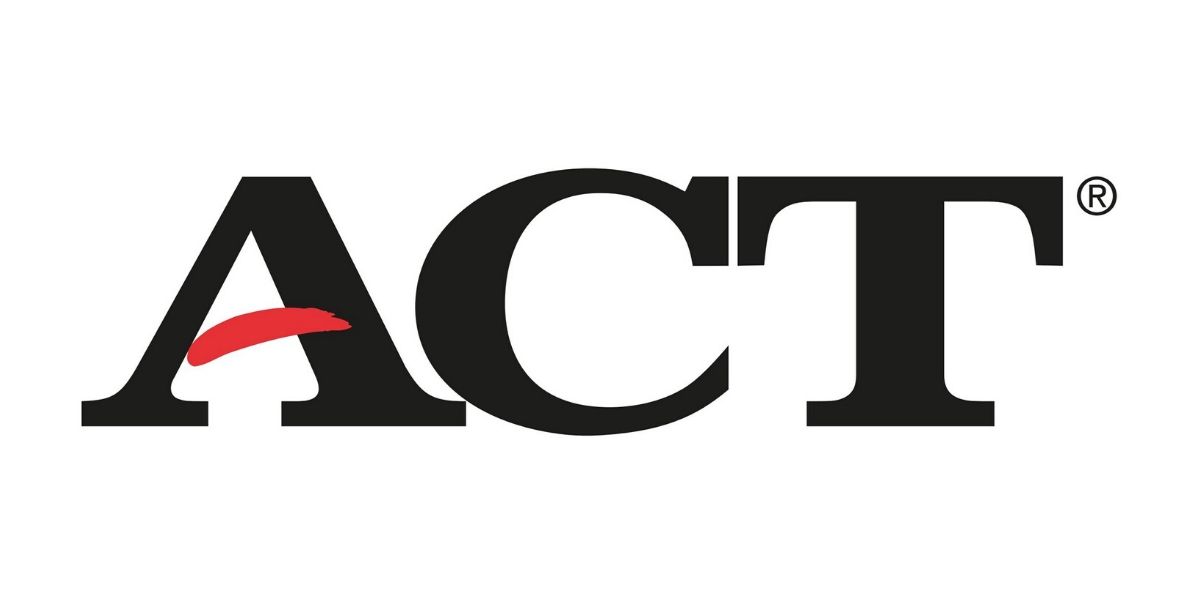ACT Test Dates & Registration Deadlines: 2019 & 2020
The table below contains all of the important ACT dates and deadlines through 2020. For each administration of the test, the test date, registration deadline, and late registration deadline are given.
If you’re interested in planning out your schedule around an ACT prep course or tutoring package, feel free to give us a call at (877) 345-7737 today!
[act_one]
THE ACT TEST DATES & REGISTRATION DEADLINES: 2019-2020
| Date | Registration Deadline | Late Registration Deadline |
|---|---|---|
| April 13, 2019 | March 8, 2019 | March 25, 2019 |
| June 8, 2019 | May 3, 2019 | May 20, 2019 |
| July 13, 2019* See Prep Expert classes for July ACT test |
June 14, 2019 | June 24, 2019 |
| September 14, 2019 See Prep Expert classes for September ACT test |
August 9, 2019** | August 26, 2019** |
| October 26, 2019 See Prep Expert classes for October ACT test |
September 20, 2019** | October 4, 2019** |
| December 14, 2019 See Prep Expert classes for December ACT test |
November 8, 2019** | November 25, 2019** |
| February 8, 2020 See Prep Expert classes for February ACT test |
January 3, 2020** | January 20, 2020** |
| April 4, 2020 | March 6, 2020** | March 16, 2020** |
| June 13, 2020 | May 15, 2020** | June 1, 2020** |
| July 18, 2020 | June 19, 2020** | June 29, 2020** |
*No test centers are scheduled in California or New York for the July test date.
**These dates are estimates, based on past deadlines.

Choose The Best Time To Take The ACT
Many students and parents ask us when the best time to take the ACT is.
Conventional wisdom says that students should take the ACT in the spring semester of their junior year or in the summer between junior and senior years. The idea is that after having completed their junior year math classes, students will have mastered all the material they need for the test, so they are ready to take it; if they don’t score as well as they’d like to, the thinking goes, they can still retake the test in the fall of their senior year and have the scores back in time for college application deadlines.
This plan is not necessarily a good one. This generic approach to planning your ACT date does not take into account the individual circumstances of each student. As our founder, Shaan Patel has pointed out in his post about the best time to take the SAT, students have lots of other things going on during high school that can prevent them from preparing properly for a test. Things like athletics, extracurricular organizations, service work, and social life can overwhelm a high school student; this seems to happen often to juniors especially.
Since your score on the ACT can change your life, you need to make sure to pick an ACT date that will allow you the free time to prepare properly. If extracurricular activities during your junior year leave you with no free time to prepare, it is better to recognize this fact and accept it and pick a different testing date, than to force yourself to take the test when in fact you have not prepared well enough to do yourself justice.
The ACT represents a potentially life-changing opportunity for high school students – score well enough on it, and a world of new possibilities will open up for you. From scholarships to admission to the most competitive colleges in the world, so much depends upon standardized test scores for high school students. Do yourself a favor and give the ACT the time and attention it deserves; without proper, thorough preparation, you will not score as well as you could.
[act_two]
Find The Sweet Spot
The best ACT date for you is the one that falls in the sweet spot between having time to prepare and having completed the coursework you need to do well on the test.
ACT preparation resources like Prep Expert®’s Live Online and In-Person ACT Courses can help you achieve the best score possible on the ACT; every student should put significant effort into test-specific prep work (outside of their high school studies) before the test. However, students also need to have a foundation of knowledge in the material that the test covers in order to do well on the ACT.
For instance, an eighth-grade student who took a prep course would benefit from it but would still be unlikely to reach his or her personal maximum score on the ACT, because he or she would not have completed the math courses that high school students take. Therefore, it is vitally important that you choose a test date that occurs after you will have completed the courses – especially the math courses – you need in order to succeed on the ACT.
For most students, these courses are completed in their junior year; therefore, most students should take the ACT no earlier than spring of their junior year. To do otherwise is to take the test without first learning the material.
The sweet spot gives you time to prepare. Make no mistake, no student will do as well as they can on the ACT unless they put in significant, ACT-specific prep work before the test. Therefore, make sure you choose a test date that occurs after a period of two to three months in which you will have time to study for the ACT almost every day.
I understand that this is no small task; most high school students today are overwhelmed with time commitments. It can, however, be done, and the students who find time to study for the test are the ones who get into the best schools and get the most scholarship money.
Create a sweet spot if you have to. If you find that, when you look ahead, there doesn’t seem to be any time at all during which you could prepare for the ACT almost every day, the solution is simple: make time. It is unwise to take the test without proper preparation; as mentioned, students who do not spend time preparing do not do as well on the test as they should, period. Students who do prepare, and who do well on the test, as a result, are literally positioning themselves very well for success later in life.
This is no exaggeration; it is literally true. Compared to students who neglect their preparation for the test, students who prepare properly will, as a group, do better on the ACT, be admitted to more competitive and prestigious colleges and universities, be awarded more money in scholarships, receive more interest and better job offers from more and better companies…the list goes on. The truth is simple, if not easy: you are cheating yourself if you don’t make time to prepare fully for the ACT.
Spend your prep time wisely. Okay, so you believe me, you understand the ACT is vitally important, and you’ve committed to carving out a couple of months of studying almost every day. Now, make the most of that time. The ACT is a predictable, boring, repetitive test; you can and should master it fully before you step foot into the testing center. Prep Expert®’s ACT Courses can get you there, and with our industry-leading 4 point Score Improvement Guarantee, there is no question that we can deliver.
We understand that our students’ time is valuable and that they do not want to have it wasted, and our courses are carefully designed to give students the most help in the most time-efficient way possible. Our courses are demanding for students – and our results speak for themselves. Students who are willing to put in the work reap the rewards – on their ACT, in college admissions, in scholarship awards.
Learn from the best. Our instructors are 99th percentile ACT scorers. This means that they know the material covered on the ACT as well as anyone, and they are experienced and talented at communicating this material to students. Don’t entrust your ACT prep – and your money, and your future – to an instructor who is anything less than an actual expert in the material he or she is teaching; there is too much on the line.
[leadmagnet_five]
Retest if you need to. If you take the ACT and don’t do as well as you’d like (or if you have already taken it and aren’t satisfied with the score you got), take it again! A bad score does not have to be the end of your highest aspirations for college; colleges routinely admit students whose score improved substantially from an initially low number to a higher one, and they understand the prep process well enough to know that a student may not do himself or herself justice the first time around.
But do something different! If you want different results, change your actions! Yes, of course, it is okay to retake the test if you genuinely believe you can do better than you’ve done in the past – but if your methods of preparation don’t change, it would be foolish to expect any score improvement.
If you are going to go to the trouble to register for and take the test all over again, don’t shortchange yourself by failing to prepare properly a second time. Plan well, work hard, and trust the experts in test prep to equip you with the information you need to do yourself justice on the ACT.
[act_three]
For more test strategy, college admissions, and scholarship application tips sign up for our FREE class happening right now!
Written by Todd Marcus
More from Todd Marcus

Taking The ACT Junior Year
If you're ambitious and want to give yourself plenty of time for score improvement, then consider taking the ACT junior…

ACT 2020 Score Release Dates
Here then are the ACT 2020 score release dates to plan around, as well as, the different kinds of available…

How To Determine Your Average SAT Study Time
If you want a high score on the SAT, then you need to put in the hours. There's no way…